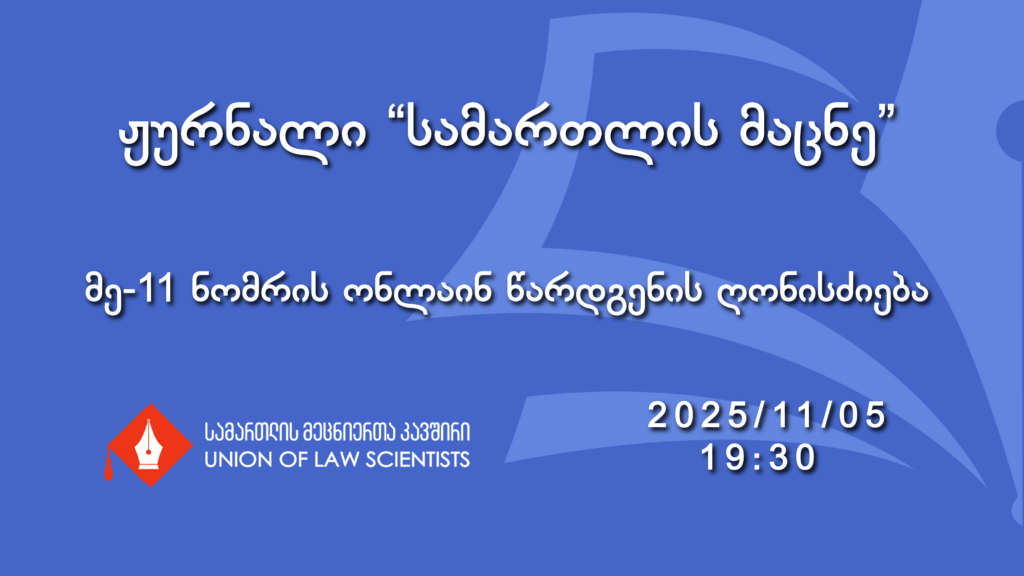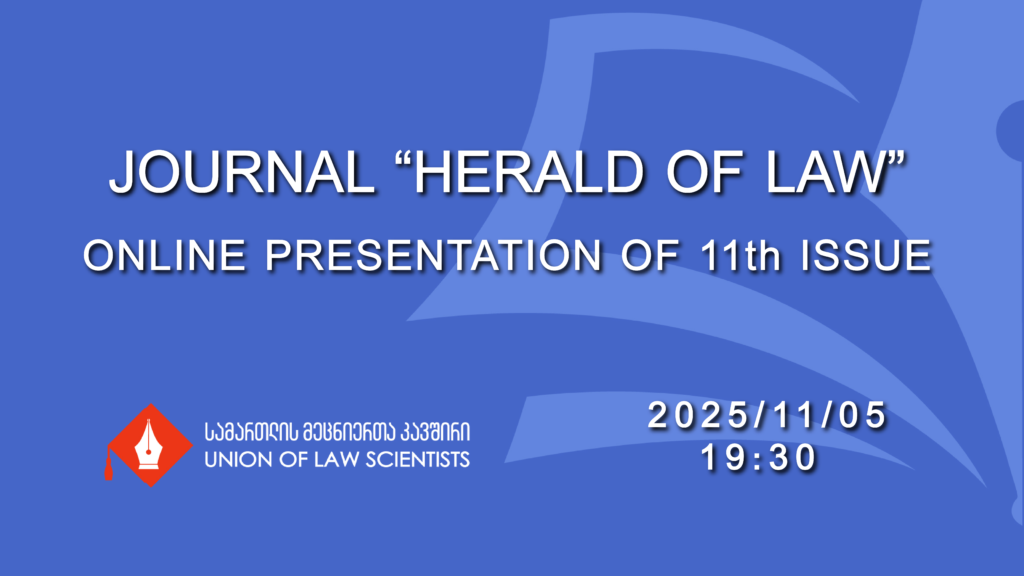Concept of the acquis communautaire and its importance in law of the European Union
Abstract:
This article concerns one of the key concepts of the law of the European Union (EU) − acquis communautaire, which plays an important role in ensuring the unity of the EU legal order. It reflects all the legal and political achievements of the EU in the entire history of its existence. The article discusses the issues of the origin, formation and importance of the concept of acquis communautaire in the development and enlargement of the European Union, shows the dynamic nature of the evolution of its scope and content depending on the objectives of EU policy, emphasizes its outstanding role as an instrument of EU internal and external policy. It should be said, that in the science and practice of EU law, yet there has not been formed an unified approach to understanding the scope and content of this concept. The author comes to the conclusion that the acquis communautaire is not so much a legal category as a concept of a complex nature, which includes EU primary and secondary law, as well as “non-normative” sources and is constantly evolving. At the same time, the universal nature of the acquis communautaire makes it necessary to specify the content of each of its elements in each specific case of using this concept. Accordingly, in the domestic field of application of the acquis communautaire by the institutions of the European Union, the main goal is to develop the EU based on its political, legal, economic and cultural heritage. In the external field of application, the goal is to “export” the values and principles of the European Union beyond its borders, to properly prepare the candidate countries to join the EU and to introduce and adapt its own advanced achievements in economic, political and legal cooperation with third countries. The author expresses the opinion that the content and scope of the acquis communautaire changes in accordance with the objectives of its application.
Keywords:
European integration, EU politics, enhanced cooperation, international agreements










